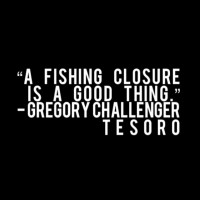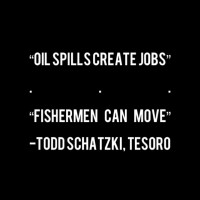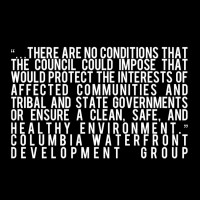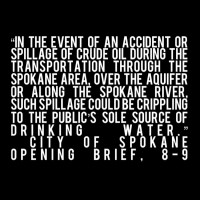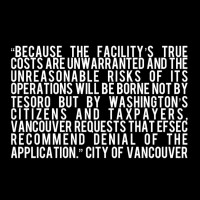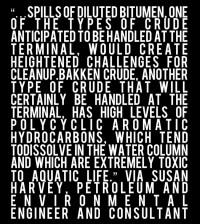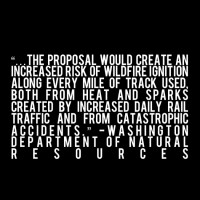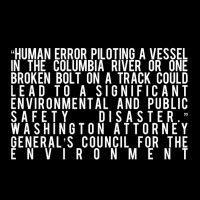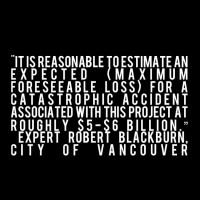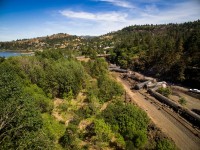
Today, Aug. 3, 2016, marks the two-month anniversary since the oil train derailment in Mosier, Oregon. The oil industry has shown that it is not able to transport their product safely by rail. New proposals such as Tesoro Savage in Vancouver, Washington, would increase the number of trains. Last Friday, July 29, 2016 marked the final day of the Vancouver Oil Terminal Hearings. If built, it would be the largest oil export facility in North America.
Top Ten Quotes from the Tesoro Savage Oil Terminal Adjudication Process:
-
“…the Proposal would create an increased risk of wildfire ignition along every mile of track used, both from heat and sparks created by increased daily rail traffic and from catastrophic accidents.” (2) via Washington Department of Natural Resources
-
“Human error piloting a vessel in the Columbia River or one broken bolt on a track could lead to a significant environmental and public safety disaster.” via Washington Attorney General’s Council for the Environment
-
"It is reasonable to estimate an expected (maximum foreseeable loss) for a catastrophic accident associated with this project at roughly $5-$6 billion.” via Expert Robert Blackburn, City of Vancouver
-
“Because the Facility’s true costs are unwarranted and the unreasonable risks of its operations will be borne not by Tesoro but by Washington’s citizens and taxpayers, Vancouver requests that EFSEC recommend denial of the Application.” via City of Vancouver
-
“…the proposed oil terminal presents serious, quantifiable, and unacceptable risks to the health and safety of the [nearby] (Jail Work Center) population.” (Clark Co. Opening Brief, 8) via Clark County
-
“In the event of an accident or spillage of crude oil during the transportation through the Spokane area, over the Aquifer or along the Spokane River, such spillage could be crippling to the public's sole source of drinking water.” via City of Spokane Opening Brief, 8-9
-
“…there are no conditions that the Council could impose that would protect the interests of affected communities and tribal and state governments or ensure a clean, safe, and healthy environment.” via Columbia Waterfront Development Group
-
“…spills of diluted bitumen, one of the types of crude anticipated to be handled at the terminal, would create heightened challenges for cleanup.Bakken crude, another type of crude that will certainly be handled at the terminal, has high levels of polycyclic aromatic hydrocarbons, which tend todissolve in the water column and which are extremely toxic to aquatic life.” via Susan Harvey, Petroleum and Environmental Engineer and Consultant
-
“Oil spills create jobs” and “fishermen can move” via Todd Schatzki, Tesoro
-
“A fishing closure is a good thing.” via Gregory Challenger, Tesoro
It is unacceptable to allow oil train traffic to continue. Now that the smoke has cleared, it’s imperative that we don’t let decisionmakers forget about Mosier especially with Vancouver on the table. What’s your personal motivation to protect communities from dangerous oil trains?
